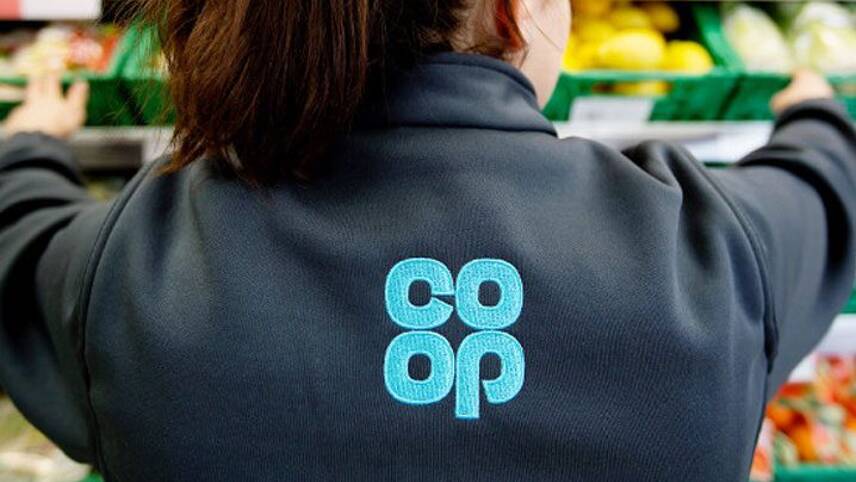Register for free and continue reading
Join our growing army of changemakers and get unlimited access to our premium content

Co-op has pledged to curtail absolute Scope 3 FLAG emissions by 42.4% by 2030.
The ambition forms part of a sweeping new climate strategy, also including a long-term, group-wide ambition to reach net-zero emissions by 2040.
According to the strategy, Co-op has already successfully offset all emissions associated with stores, buildings and logistics across its food retail arm as well as its funeral care, insurance and power businesses. It will continue doing this as it works to decarbonise key sources of emissions from these business areas, including electricity, heat and road transport.
Reaching the 2025 target will require the supermarket to extend the offsetting approach to all own-brand products food and drink, covering their whole value chains, from farm to the end-of-life for packaging.
But the plan acknowledges that offsetting alone is not a complete and long-term solution. It states that the Co-op has developed approved science-based targets to support the 2040 net-zero target; specifically, it will work to reduce the greenhouse gas (GHG) impact of operations by 50% and products by 11% by 2025. All 200 of its home delivery vehicles will be electrified and fossil heating will be phased out to help meet these targets.
Beyond offsetting and in-house reductions, the retailer is also planning to explore insetting and to support carbon reduction research and innovation more broadly. Funds raised through the carrier bag levy will be used to support these projects.
Co-op Food’s chief executive Jo Whitfield said it is essential to “do more and do it quicker” in the face of the climate crisis, calling the new plans “comprehensive” and “rooted in science”.
Whitfield added: “This is a hugely significant year and the world will be watching as the UK Government hosts the largest climate change conference ever, COP26. Just as the Government must be ambitious in delivering against its own commitments, we must all be bold and take collective action to tackle climate change.”
Consumer engagement
The plan also includes new measures to help customers choose low-carbon options.
For example, the Co-op has pledged to match the price of its GRO range of plant-based proteins with their meat equivalents, like pork sausages or beef burgers. The chain claims this is a first-of-its-kind move in the UK supermarket sector.
This will help reduce carbon because the global meat and dairy sectors are very carbon intensive. The global livestock industry accounts for 15% of the world’s carbon emissions and uses 83% of all existing agricultural land. Plant-based alternatives vary in terms of precise impact, depending on ingredients and place of origin, but are generally lower-impact.
Co-op will also expand the solar and wind buying service to more UK businesses and public sector organisations.
Additionally detailed in the plan is a commitment to link executive pay to the delivery of new climate targets. Recent PwC analysis revealed that almost half of FTSE100 firms have now taken this approach, with a steep increase in interest over the past two years. The idea is to build in accountability and motivate executives to better collaborate with sustainability and energy teams.
Supermarket sweep
The news from Co-op comes after competitor Morrisons pledged to only use farms certified as net-zero when sourcing products and ingredients from British suppliers. This target has a 2030 deadline.
Most of the UK’s major supermarkets have updated their climate targets since the Government set the legally binding net-zero target for 2050. Tesco, for example, moved its net-zero deadline forward to 2035, as did Waitrose’s parent company John Lewis & Partners.
Pledges have also been bolstered across the food-to-go sector, with new ambitions from the likes of McDonald’s, Burger King, LEON and Gregg’s.
Sarah George


Please login or Register to leave a comment.